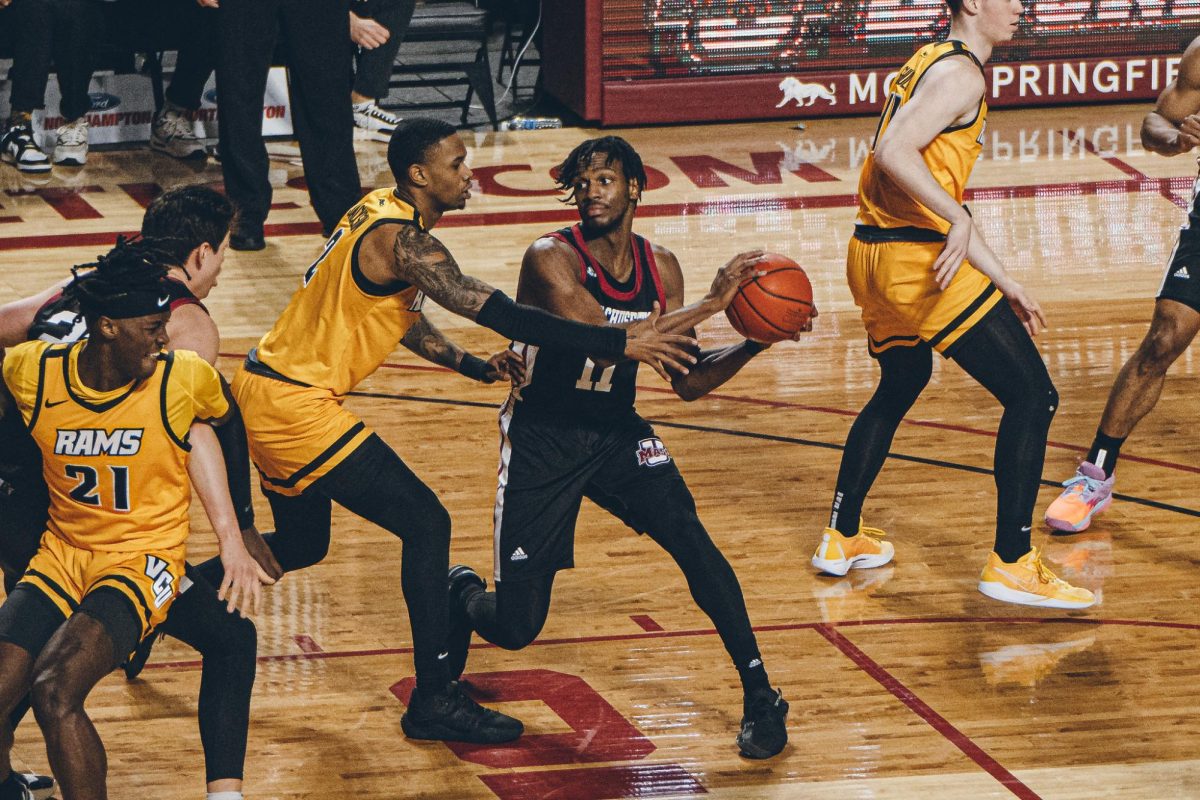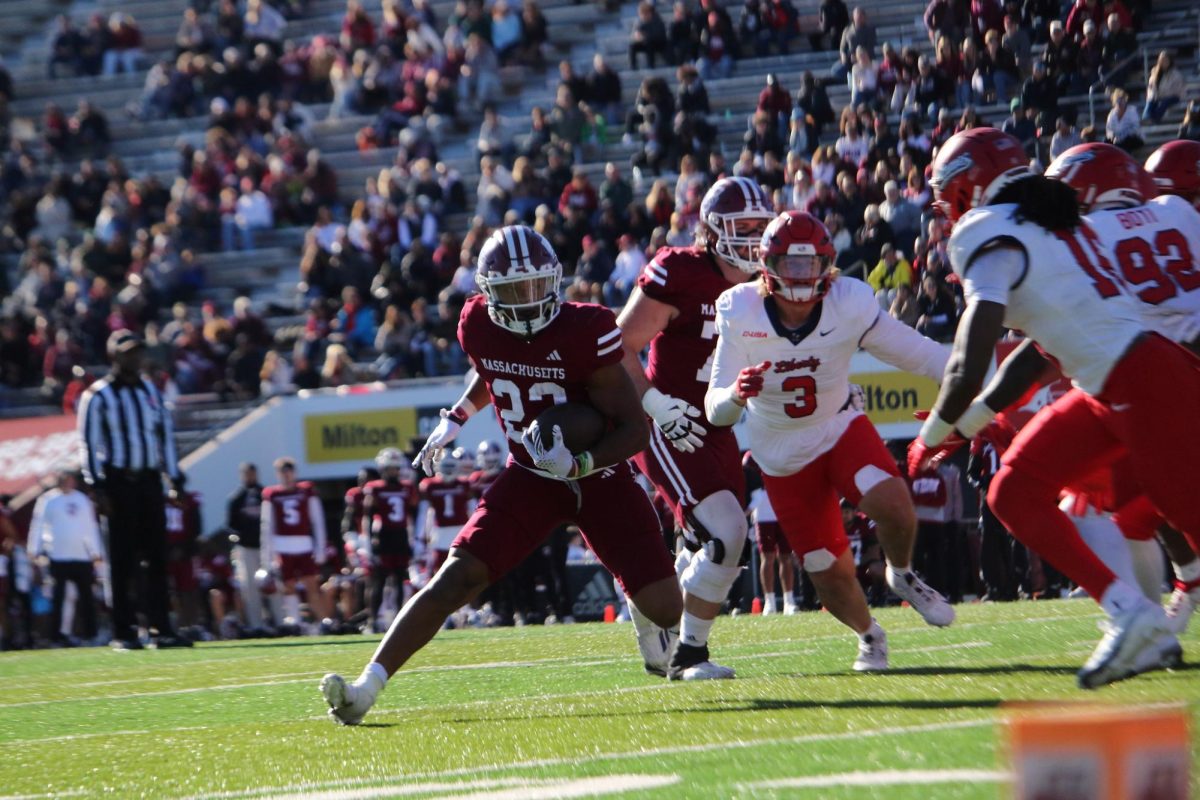I love offensive humor and I hate that it has come to feel like a guilty pleasure. Whereas the opposite was once true, our societal norm is now a hypersensitive adherence to traditional political correctness. This is not to say being politically correct is a bad thing; I would agree with people who argue that sticking to a general code of political correctness makes us a nicer and more accepting culture.
At the same time however, the next time a comic or even one of your friends makes an offensive joke, instead of reaching for your closest pitchfork, take a deep breath and laugh. It is okay to laugh at things that are funny, and if you don’t think something is funny, that’s okay too. But the crusade against crude humor needs to end. There is a difference between humor and hate speech and it lies in its intention.
Take new host of The Daily Show, Trevor Noah, for example. Back when it was first announced he got the job in March, people rummaged through the depths of his Twitter account, finding a series of jokes that were offensive by all means, including, “Almost bumped a Jewish kid crossing the road. He didn’t look b4 (sic) crossing but I still would hav (sic) felt so bad in my german car!” He was immediately criticized for making light of the Holocaust, which is exactly what he was doing.
But it’s important to remember that one joke about tragedy will never make light of it. Making a joke about tragedy is the equivalent of lighting a match in the middle of a cave. No matter how many times someone can try to make fun of anything bad, it will never outweigh the tragedy in our hearts and the sorrows of our minds, just as a single match will never illuminate a cavern.
History is something that we carry with us as a society and jokes help us cope with the horrors of our past. We often ignore the fact that humor is just as much a coping mechanism as it is entertainment. Joking about something terrible helps us as human beings to comprehend, and thus overcome, the torment of horror. If it’s clear someone is being offensive on purpose, that means they understand how and why the subject is offensive. Joking about it is simply their way of sharing their own outrage with the subject. There is no reason to persecute the offensive comics, because they are not the true issue. Allowing offensive language to become common is the true enemy in the fight for political correctness.
Pretty much everything said in the English language can have an offensive context. Think of the last time you did something well and said, “I killed it.” It’s not considered offensive by any means, but every day someone’s loved one is killed somewhere. Or remember the last time you said you were “drowning in homework.” This may be taken as offensive by the thousands of drowning victims across the globe each year. Did you know the phrase “bugger” was originally used by the Catholic Church in the 14th century to vilify Bulgarians? So how did all these tragedies become idioms while others did not?
The answer comes in the common usage of the phrases. We are so far removed from some of these words that we have separated them from the issues they represent. This is a problem because when we separate a word from its history, we forget the history. When we forget this history, we run into the risk of repeating it.
So the next time you hear an offensive joke that you think is funny, don’t be afraid to laugh. Laughter is a beautiful distraction from what can be an ugly world, and we would be remiss to take it away from ourselves in any capacity.
John Zawawi is a Collegian columnist and can be reached at [email protected].












Maud • Nov 5, 2016 at 10:40 am
“There is a difference between humor and hate speech and it lies in its intention.”
I disagree. Crude humor can be based on many things but the most common is feeling superior,especially when it’s aimed directly at people.
Zac Bears • Sep 22, 2015 at 11:12 am
The difference between humor and hate speech and it lies in its effect on the audience/receiving people, no matter the intention of the joke teller. A white person should never use blackface, for example, even if their intention is to make a point about how blackface is racist.
Cristina Cordiliko • Sep 19, 2015 at 9:51 am
Wonderful article John! Let’s laugh at ourselves again, it’s a great reminder that we are all the same – humans, and we make mistakes.
Grandma Gabs • Sep 17, 2015 at 4:28 pm
Wow! So proud!!
Love, Grandma
Becky • Sep 17, 2015 at 10:30 am
Love this article, John! I totally agree. As long as it’s funny, it’s always ok to laugh 🙂